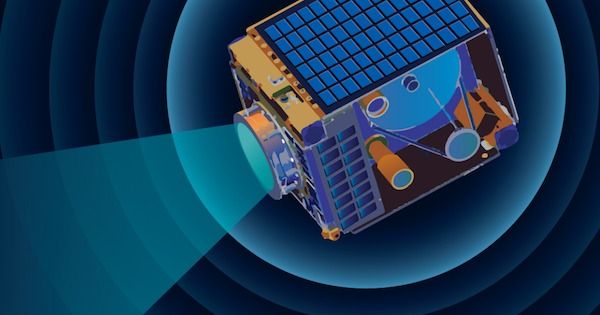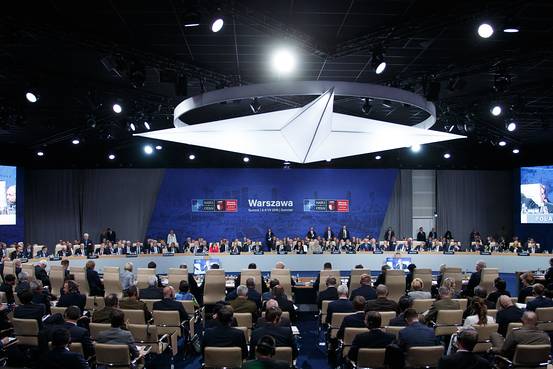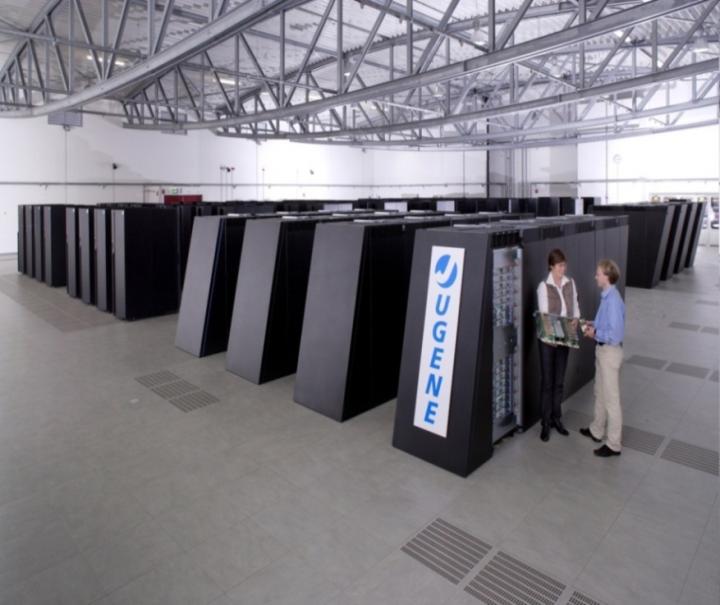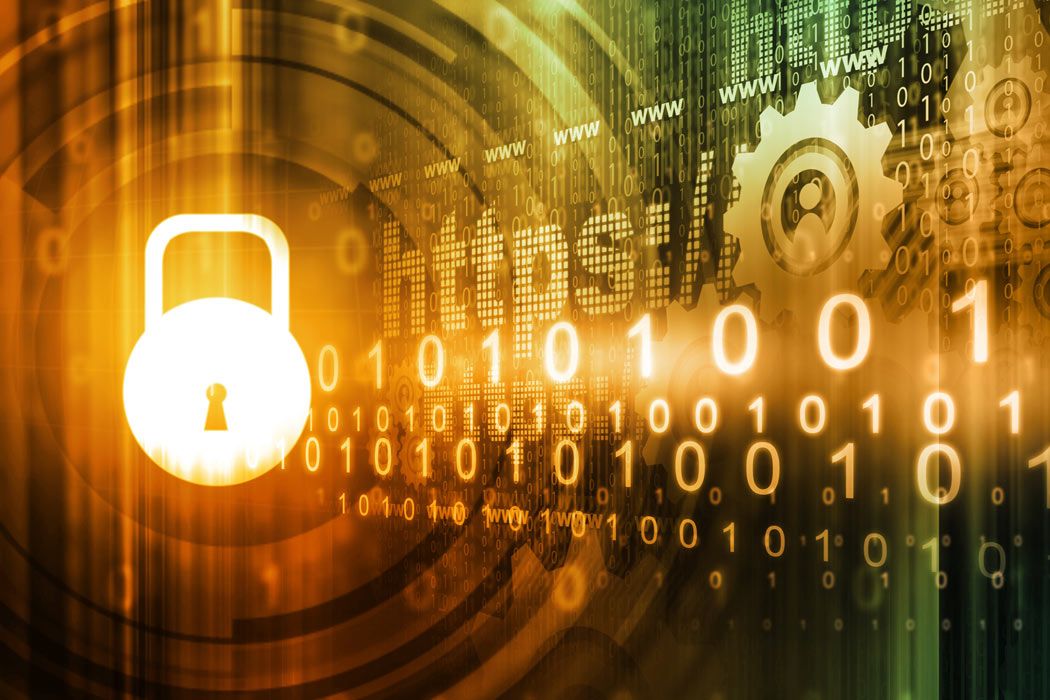Power sensors for distribution networks have inspired a $77-million DARPA program to build a suite of automated cyberdefenses for power grids.




Makes me wonder how much money was spent on this technical masterpiece.
WARSAW—Officials blamed technical failure—not a cyberattack—for the recent outages of two websites affiliated with the North Atlantic Treaty Organization.
NATO’s cybersecurity experts were on heightened alert for cyberattacks during the alliance’s biennial summit, which has seen the organization’s top leaders gather in the Polish capital this week.
The main websites of the U.S.-based Allied Transformation Command and Germany-based NATO School, a subordinate unit to the transformation command, were down for several hours Thursday.


Glad Google is doing this because next month could be a real test when China launches its Quantum Satellite.
Today’s encryption is an arms race as digital security experts try to hold off hackers’ attempts to break open user data. But there’s a new tech on the horizon that even the NSA recognizes as crucial to protect against: quantum computing, which is expected to dramatically speed up attempts to crack some commonly-used cryptographic schemes. To get ahead of the game, Google is testing new digital security setups on single-digit populations of Chrome users.
Quantum computing is such a potential threat because it can do many more simultaneous calculations than current computers. Modern binary bits can only be in two states when electric current is run through them: 0 or 1. But the ambiguous nature of the quantum state means its elemental units (known as “qubits”) could be in either state at a time, so two could potentially be in four orientations at one time: 00, 01, 10 or 11. That ambiguity is exponential, so three qubits could be in eight at a time, and so on.
Security experts aren’t just concerned that quantum computers’ higher speed means faster rates of cryptography-cracking: They’re worried that future hacking methods could come back to today’s encrypted data and pry it open. But that’s in the future: as Wired points out, crypto experts say you would need a quantum computer with hundreds of thousands of qubits, and IBM’s only has five.



Great that they didn’t have to use a super computer to do their prescribed, lab controlled experiments. However, to limit QC to a super computer and experimental computations only is a big mistake; I cannot stress this enough. QC is a new digital infrastructure that changes our communications, cyber security, and will eventually (in the years to come) provide consumers/ businesses/ and governments with the performance they will need for AI, Biocomputing, and Singularity.
A group of physicists from the Skobeltsyn Institute of Nuclear Physics, the Lomonosov Moscow State University, has learned to use personal computer for calculations of complex equations of quantum mechanics, usually solved with help of supercomputers. This PC does the job much faster. An article about the results of the work has been published in the journal Computer Physics Communications.
Senior researchers Vladimir Pomerantcev and Olga Rubtsova, working under the guidance of Professor Vladimir Kukulin (SINP MSU) were able to use on an ordinary desktop PC with GPU to solve complicated integral equations of quantum mechanics — previously solved only with the powerful, expensive supercomputers. According to Vladimir Kukulin, personal computer does the job much faster: in 15 minutes it is doing the work requiring normally 2–3 days of the supercomputer time.
The equations in question were formulated in the 60s by the Russian mathematician Ludwig Faddeev. The equations describe the scattering of a few quantum particles, i.e., represent a quantum mechanical analog of the Newtonian theory of the three body systems. As the result, the whole field of quantum mechanics called “physics of few-body systems” appeared soon after this.

Looks to be quite fascinating…
But is anyone else annoyed by the never ending use of the word “cyber”?
*sigh*.
Tapping into the geopolitics of hacking and surveillance, Ben Makuch travels the world to meet with hackers, government officials, and dissidents to investigate the ecosystem of cyberwarfare.
CYBERWAR premieres Tuesday, July 5th, at 10:30 P EST on VICELAND.
Click Here to Find Your Channel: http://bit.ly/1RTjjSS
Subscribe Now: http://bit.ly/SUBSCRIBE-TO-VICELAND
Follow VICELAND:
VICELAND.com | https://www.viceland.com
VICE Video | https://video.vice.com
